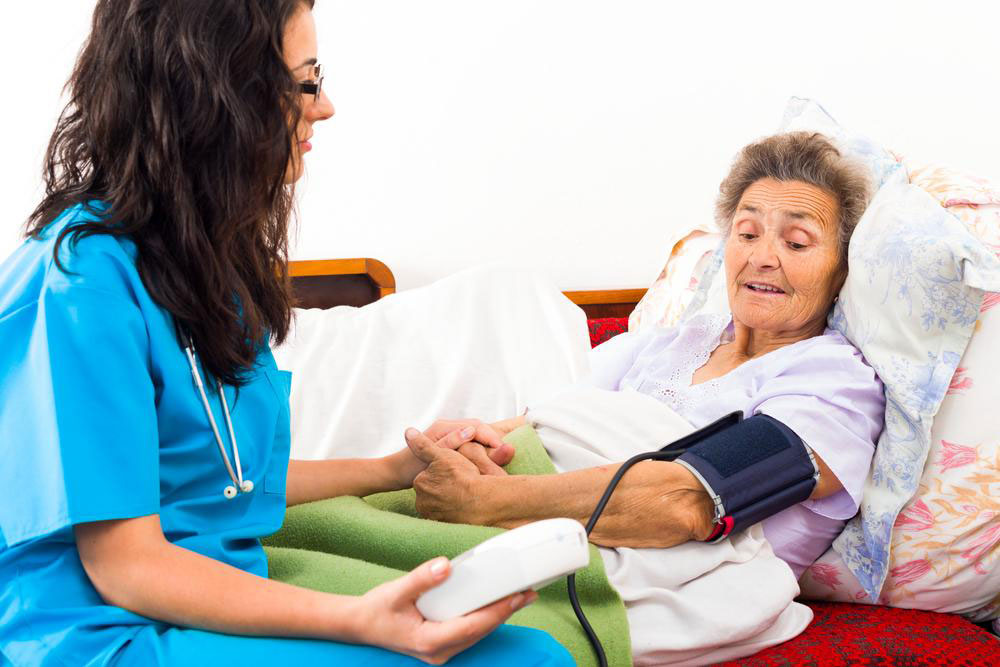7 early signs of Parkinson’s that one should know
An ailment that causes difficulty in the movement and control of muscles, Parkinson’s disease is a progressive neurological disorder with debilitating symptoms. Parkinson’s disease occurs when the cells in a part of the brain known as substantia nigra begin to deteriorate. This degradation decreases the production of dopamine, which affects motor skills and muscle movements.

Although experts do not know what exactly causes the cells in the substantia nigra to die, they believe that genetic and environmental factors cause Parkinson’s disease. Nearly 50,000 people are affected by Parkinson’s every year. Although it is not curable, an early diagnosis may help in prolonging life and improving the patient’s quality of life. Here are some signs of Parkinson’s that can help in early detection.
- Handwriting gets smaller : Micrographia is an early sign of Parkinson’s disease. A person’s handwriting changes and becomes very cramped. The patient’s writing becomes quite illegible over time.
- Experiencing tremors : A common early sign of Parkinson’s disease is tremors while a person is at rest. A person may experience slight tremors or shaking in the chin, hand, thumb, or fingers. However, tremors after intense physical activities, during extreme stress, or after an injury is quite normal and should not be a cause for concern. Certain medications can also cause tremors and shaking.
- Gradual loss of smell : Although the sense of smell is often affected by flu, stuffy nose, or a cold, a prolonged inability to smell may indicate Parkinson’s. People with Parkinson’s disease are unable to smell strong odors and aromas too. They find it difficult to discern the smell of foods such as licorice, dill pickle, and bananas.
- Difficulty in sleeping : During the early stages of Parkinson’s, a person experiences trouble while sleeping. They may move suddenly, and act out dreams or thrash around in the bed.
- Difficulty in walking or moving : Another early sign of Parkinson’s disease is stiffness in the body, legs, or arms. The natural movement of one’s arms while walking changes and becomes more awkward. One can also experience pain or stiffness in the hips or shoulders. Some people also have the feeling of their feet getting “stuck to the floor.” Under normal circumstances, the stiffness and pain will go away. However, if the stiffness persists, it can be a sign of Parkinson’s disease.
- Low or hoarse voice : Often a change in voice can be a sign of Parkinson’s. This change could be gradual. In some cases, the voice becomes soft while in others, it may become hoarse. People unintentionally begin to speak more quietly or with little inflections. The tone will also become low. As Parkinson’s advances, one’s speech becomes slurred.
- Facial masking : During the early stages of Parkinson’s disease, one’s facial muscles are affected. A person may develop a blank stare which is known as masking. This symptom causes a person with Parkinson’s disease to have a perpetually serious or depressed look, even if they are not in a bad mood. Also, they tend to blink less often. These symptoms occur because Parkinson’s disease causes difficulty in controlling or moving small facial muscles.











